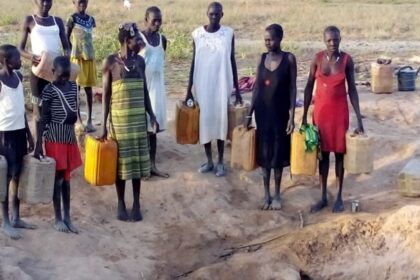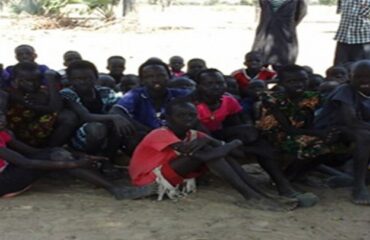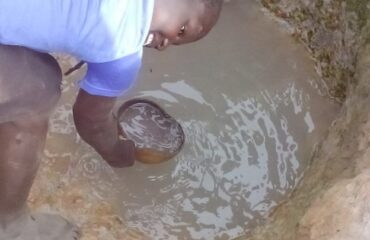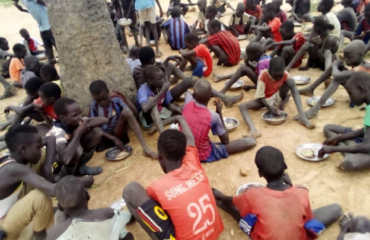
Since Christ Mission to the World began its work in 2008, we have been committed to reaching South Sudan’s most vulnerable and excluded people. This includes the most vulnerable communities as they face multiple and unique barriers and vulnerabilities around their them as girls, boys and youth are typically the most marginalized and excluded members of society and are particularly vulnerable to gender-based violence, stigma and discrimination. They are at increased risk of being abandoned by their families. Such people can easily be rejected, barred, or deterred from accessing education, health facilities, and other essential services, that are essential for reaching one’s full potential. They also experience increased levels of suicide and depression.
Violence against girls and women is a global problem that we simply can’t ignore. It happens in every country – online, in school, at home and in our communities. In South Sudan, 1 in 3 women experience physical or sexual violence
In South Sudan Brutal acts of violence are extreme examples of the pervasive forms of gender-based violence experienced by hundreds of girls and women every day that go unnoticed, unreported – or perhaps more disturbingly, reported but dismissed or downplayed by societies, media and justice systems.
Extreme violence is at the far end of a continuum that’s based on social norms and attitudes that women are subordinate to men. When perpetrators of sexual violence on our community go unpunished, when our armed groups who’ve committed abuses against women and girls continue to be glorified, or when victims are blamed for the violence they’ve endured, it’s a sign of a systemic issue in society.
We need to acknowledge and talk with our friends, families, neighbours and colleagues, breaking the silences that shroud violence against women and girls and spreading the idea that any discrimination, abuse and harassment aren’t normal or okay and cannot be rationalized.
Acts of violence against girls and women are not simply isolated events – taken together, every case of abuse, every joke made about rape, every lenient sentencing handed down to offenders, is proof that we as a society need and must do better to prevent violence, and protect the girls and women in our lives.
You may have heard that 67% of girls in South Sudan are not in school, and it’s a daunting number. But this large number represents real girls who are being denied their right to an education. Some of their stories are heartbreaking, some inspire hope — but they all prove that girls are resilient, strong and determined to lead change in the fight for equality.
Christ Mission to the World report is based on interviews with young people from Aweil Central, Aweil East, Aweil South, Aweil North and Aweil West States in South Sudan and it reveals that girls remain mostly invisible and powerless. No matter how hard they try to improve their lives, they continue to be beaten down by prejudice, aggression and misogyny.
In this reality, it is no surprise that girls are unable to decide how long their days in school will last. Fr0om menstruation to forced marriage, girls face numerous barriers that are keeping them from reaching their full potential.


